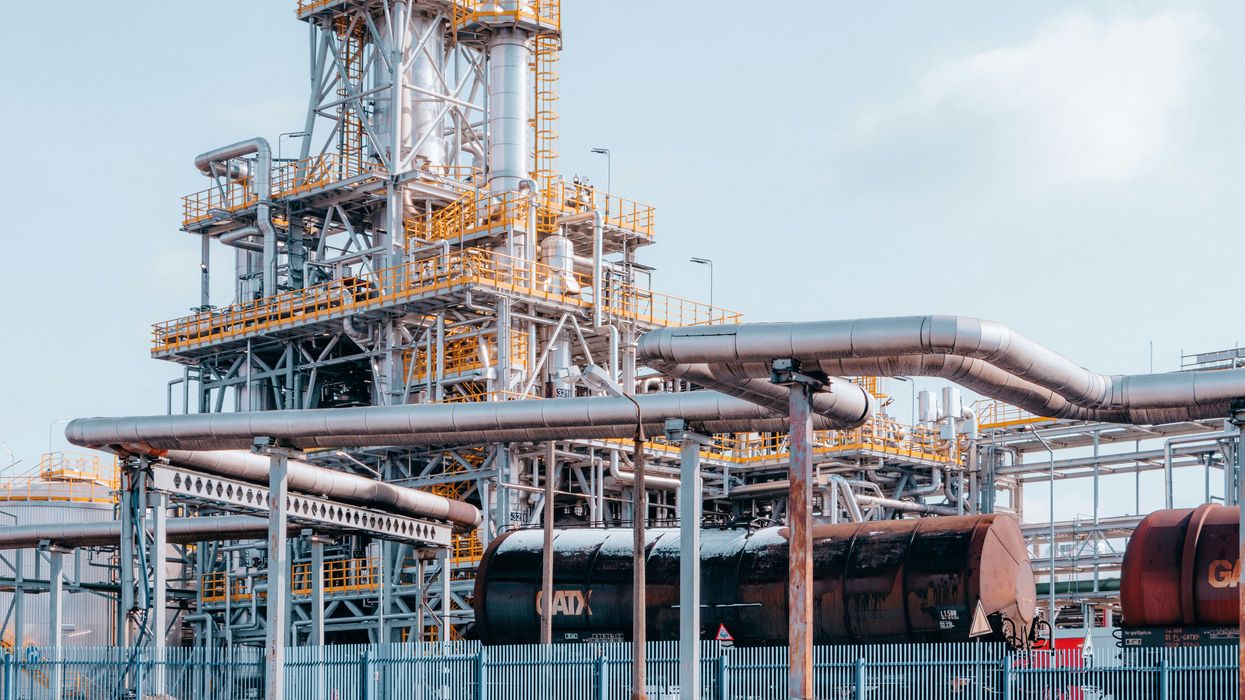A company aims to reverse the carbon cycle by converting biomass into bio-oil and storing it underground to fight climate change.
Michelle Nijhuis reports for The New Yorker.
In short:
- Charm Industrial, a startup, is experimenting with turning agricultural waste into bio-oil through a process called pyrolysis.
- The company then stores this bio-oil in underground wells, mimicking natural fossil fuel formation but in reverse.
- Despite technical challenges, Charm has started collaborating with major tech companies for carbon storage solutions.
Key quote:
“All through my career, I’ve helped industries deal with the things that come out of the back side of a plant that nobody wants to talk about.”
— Monte Markley, geologist from Wichita, Kansas
Why this matters:
Reversing the carbon cycle can significantly reduce atmospheric CO2 levels, essential for combating global warming.
If implemented on a large scale, this technology has the potential to significantly reduce greenhouse gas emissions, helping to mitigate the effects of climate change. In addition, the use of biomass for bio-oil production promotes the sustainable management of organic waste materials, turning potential pollutants into valuable resources.
Related EHN coverage:

















